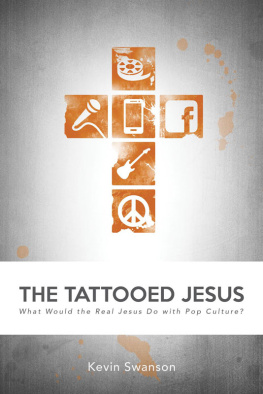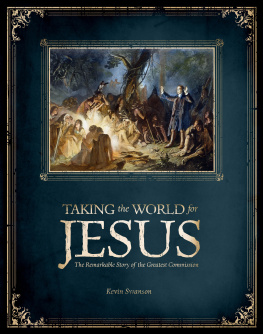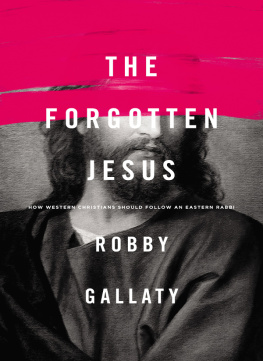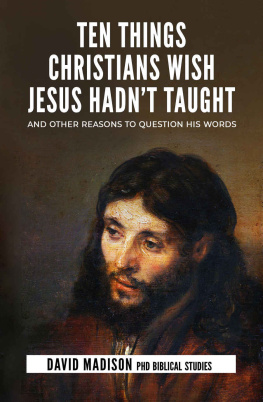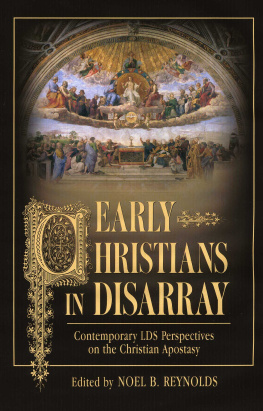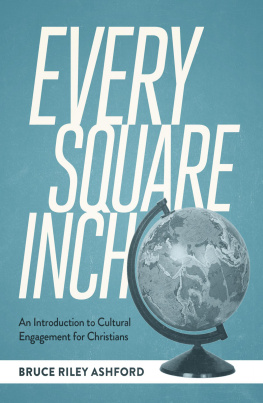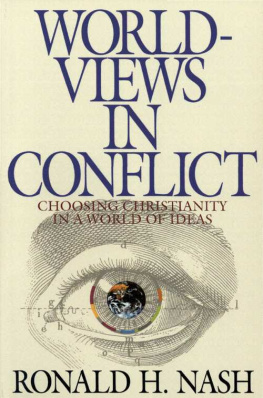
Titles from Generations With Vision
Family Bible Study Guides
Genesis: A Family Bible Study Guide
Psalms I: A Family Bible Study Guide
Psalms II: A Family Bible Study Guide
Psalms III/IV: A Family Bible Study Guide
Psalms V, Part I: A Family Bible Study Guide
Proverbs I: A Family Bible Study Guide
Proverbs II: A Family Bible Study Guide
Proverbs III: A Family Bible Study Guide
Matthew: A Family Bible Study Guide
Keep The Faith Series
Volume 1: On Education
Volume 2: On Family & Sexuality
Christian Curriculum Project
Great Christian Classics: Four Essential Works of the Faith
Great Christian Classics: Five Remarkable Narratives of the Faith
What Does the Bible Say About That?
Proverbs: A Companion Lesson Book for Children
Apostate: The Men who Destroyed the Christian West
The Second Mayflower
Upgrade: 10 Secrets to the Best Education for Your Child
Audio/Media Resources
Vision for Generations (MP3)
Vision for Generations (CD)
Vision for Generations (DVD)
Family Economics & Discipleship (MP3)
Family Economics & Discipleship (DVD)
The Tattooed Jesus
What Would the Real Jesus Do with Pop Culture?
Kevin Swanson

Copyright 2015 by Generations with Vision
Second Printing, 2015
All rights reserved.
Printed in the United States of America
ISBN: 978-0-9910439-6-5
Production Management: Joshua Schwisow
Cover Design & Typography: Winslow Robbins
Interior Layout & Design: Winslow Robbins
Published by
Generations with Vision
10461 South Parker Road
Parker, Colorado 80134
www.generationswithvision.com
For more information on this and
other titles from Generations with Vision,
visit www.generationswithvision.com or call 1-888-839-6132 .
Contents
Preface
Christian conservatives are finally admitting that they have lost the political war in this country. They are on the losing side of the cultural war.
I understand the reticence to fight these battles. The cultural battles are more controversial, more difficult, more personal and more fundamental than the political battles. They are more likely to offend our own children and our friends. They force us to confront larger problems and more fundamental problems that involve the social, educational, and cultural institutions that we have grown up with. The cultural icons are impregnable. Conservative Republicans are more committed to Disney than they are to the homosexual agenda. Yet what these conservatives refuse to accept is that Disney is more committed to the homosexual agenda than they are to the Democratic Party.
Perhaps more is at stake here. In the cultural wars, we fight for our own children, our families, and what remains of the church of Christ. Political forces take our money, but they cannot as easily take our souls. They readily permit evil men to do more evil, but they cannot as easily coerce a righteous man to evil. The same cannot be said for the cultural forces. In the political war, the enemy presents itself in true colors. It is much harder to discern the enemy in the cultural war.
Dare I say it? The cultural war tests the true commitment of the human heart. Politics is the business of hypocrisy. Conservatives grudgingly admit to it, and liberals build monuments to their hypocrisy. However, the cultural war eschews hypocrisy from the outset. The battle requires men and women who are honestly and consistently committed to truth and righteousness, or there is no war.
The cultural war is evident all around us, every day. The political war engages mainly during the fall months every year or so. The cultural antithesis is so manifestly accessible that you could spit out the window and hit some Goliath or another.
Its about time for a book about culturea book that engages the cultural war where the battle is joined with the greatest intensity and relevance. What Christians need is a delineation of the battle lines in Hollywood and Nashville. They need to know what questions to ask, how worldviews are represented in culture, how to recognize trends, and how to discern between that which is good and that which is evil. Where discerning Christians avoid syncretism in worldview and culture, there remains hope that Christian faith and life will still thrive during the decline and fall of the Western world.
Introduction
When Miley Cyrus rode a wrecking ball in the buff for a recent music video, it didnt take a PhD in Cultural Studies to interpret the message. Western culture is committing suicide. The last few living culture critics, including feminist writer Camille Paglia, are complaining of Pop cultures artlessness, sexlessness, and self-destructiveness. Paglia suggests that Lady Gaga, the other major popular star of the day, may be the exhausted end of the sexual revolution. Decadence is now crossing over into self-immolation, and Pop stars like Miley Cyrus and Lady Gaga are taking billions of people with them. A society cannot remain fixated on decadence forever. Eventually, it must advance to the next logical stepsuicideunless, of course, God has mercy.
The avant garde was trying to tell us that it was over when Andy Warhol painted the Soup Can and somebody paid $15 million for it. But it took another fifty years for the rest of the masses to get the message. The Pop culture machine has helped the process immensely.
Back in the 20th century, T.S. Elliot predicted the end of culture with the end of Christian culture:
It is in Christianity that our arts have developed; it is in Christianity that the laws of Europeuntil recentlyhave been rooted. It is against a background of Christianity that all of our thought has significance. An individual European may not believe that the Christian faith is true, and yet what he says, and makes, and does will all spring out of his heritage of Christian culture and depend upon that culture for its meaning I do not believe that culture of Europe could survive the complete disappearance of the Christian faith. And I am convinced of that, not merely because I am a Christian myself, but as a student of social biology. If Christianity goes, the whole culture goes. Then you must start painfully again, and you cannot put on a new culture ready made. You must wait for the grass to grow to feed the sheep to give the wool out of which your new coat will be made. You must pass through many centuries of barbarism. We should not live to see the new culture, nor would our great-great-great-grandchildren: and if we did, not one of us would be happy in it.
Islands
As the fires burn the last remains of Western civilization to the ground, one wonders if there will be anything left to salvage. T.S. Elliot seemed to think that only barbarism would survive. However, I wonderwhat if there were a few Christians left? What if there were Christians who created the occasional oasis of culture in the wasteland of empty cisterns and exhausted wells? What if there were faith, hope, and love somewhere in the world? Then perhaps our children, grandchildren, and great grandchildren would thrive in it.
This shift began with the great Christian apostasy. There was first a reversal in the mind of Western man regarding the nature of reality, truth, and ethics. It was a change in worldview, wherein doubt prevailed and truth faded. There was not the faintest possibility of an absolute in the mind of post-modern man. He had lost contact with reality, and he could no longer identify a transcendent purpose for life. A hundred years later, the culture changed to better fit the zeitgeist: the predominant worldview of the age.

